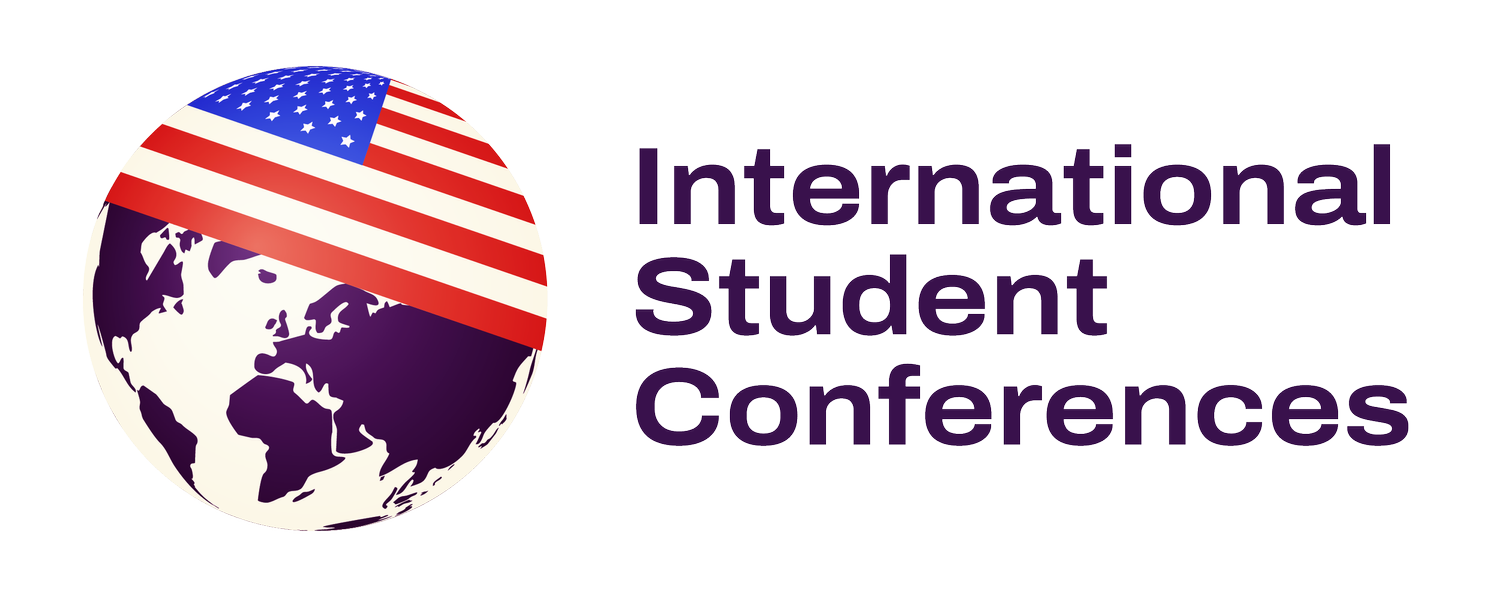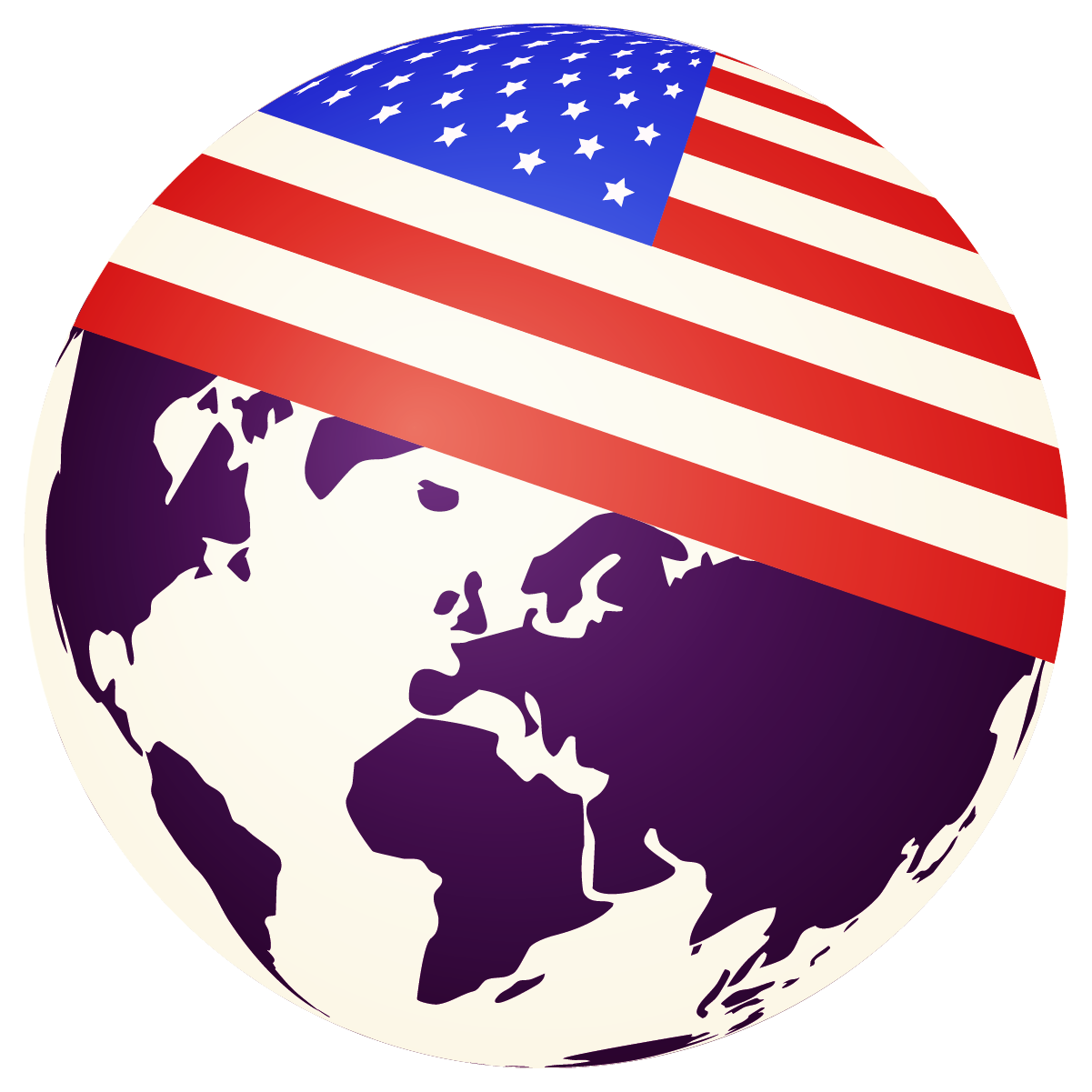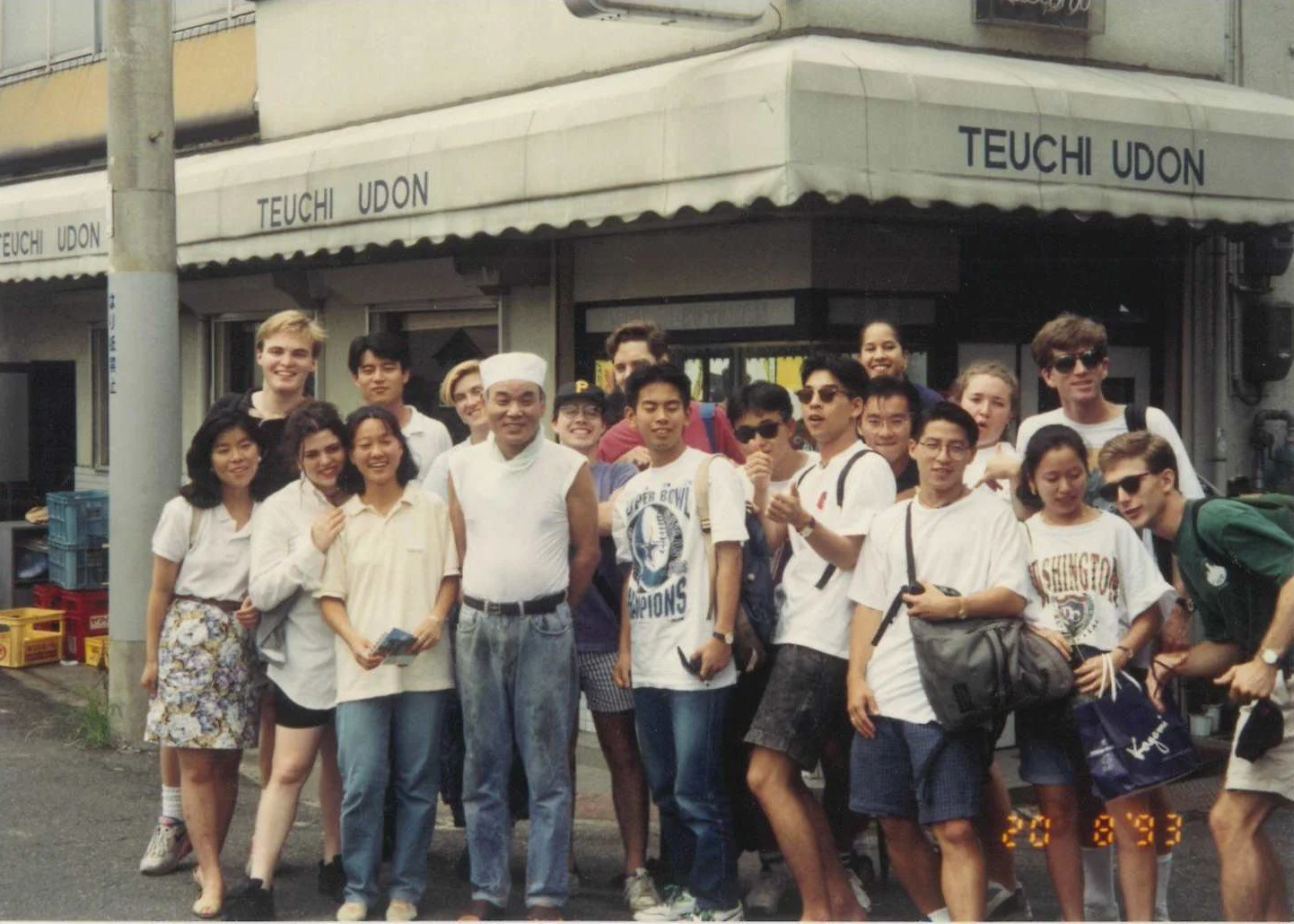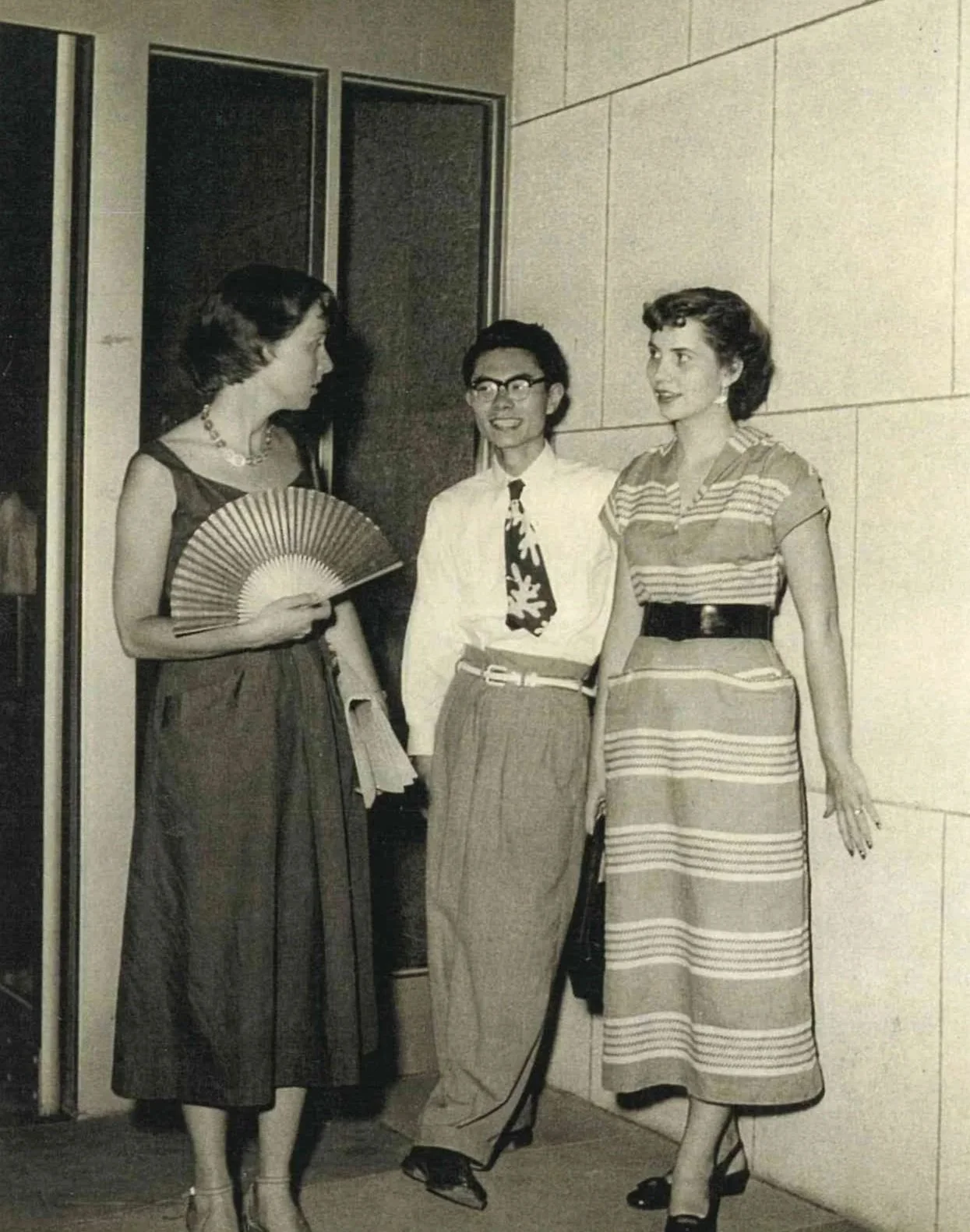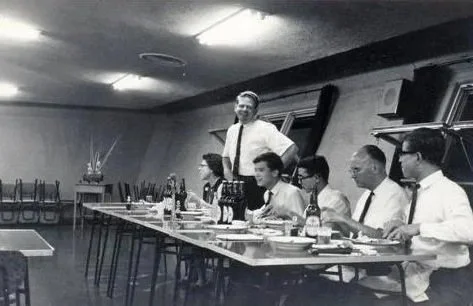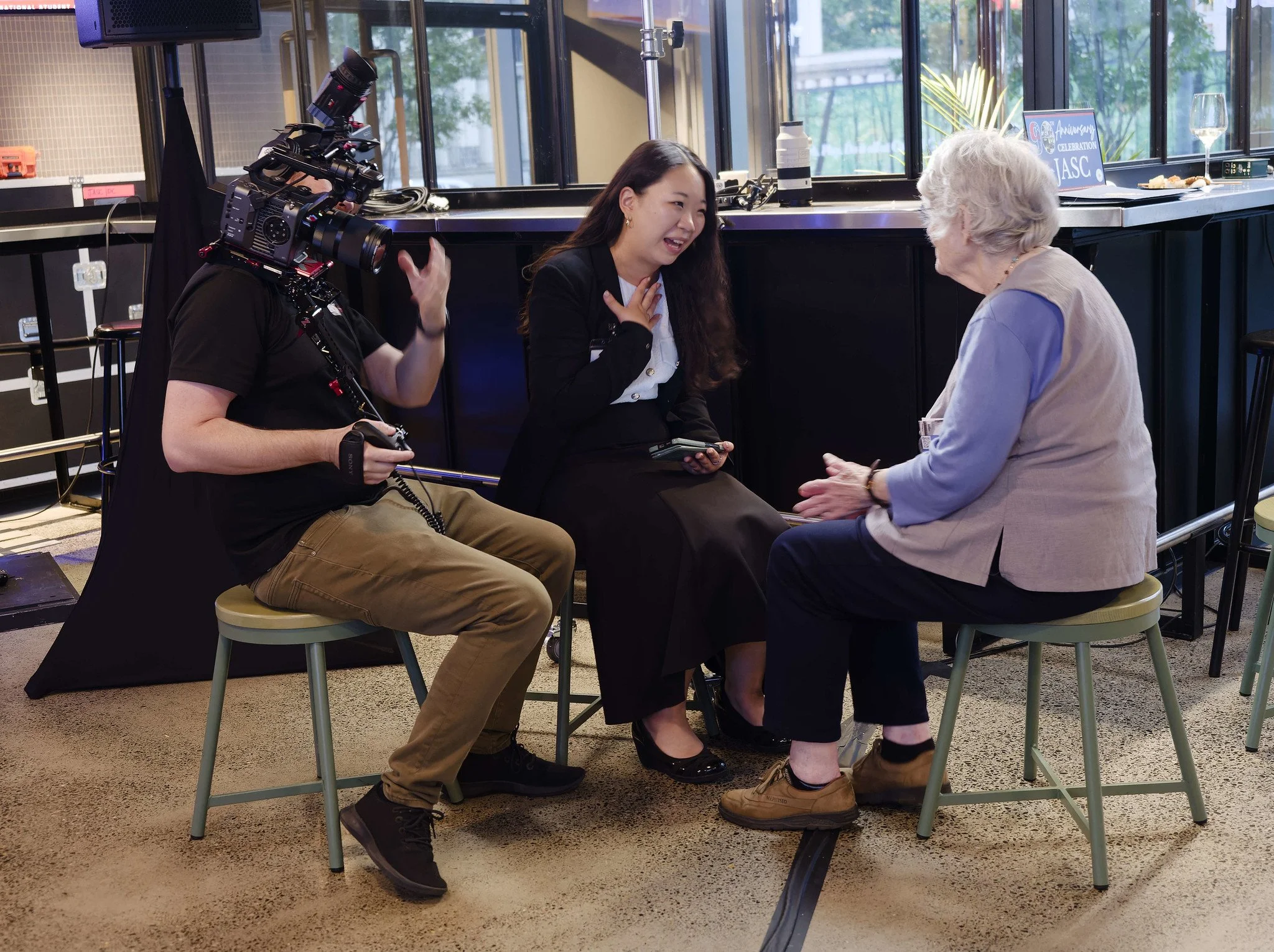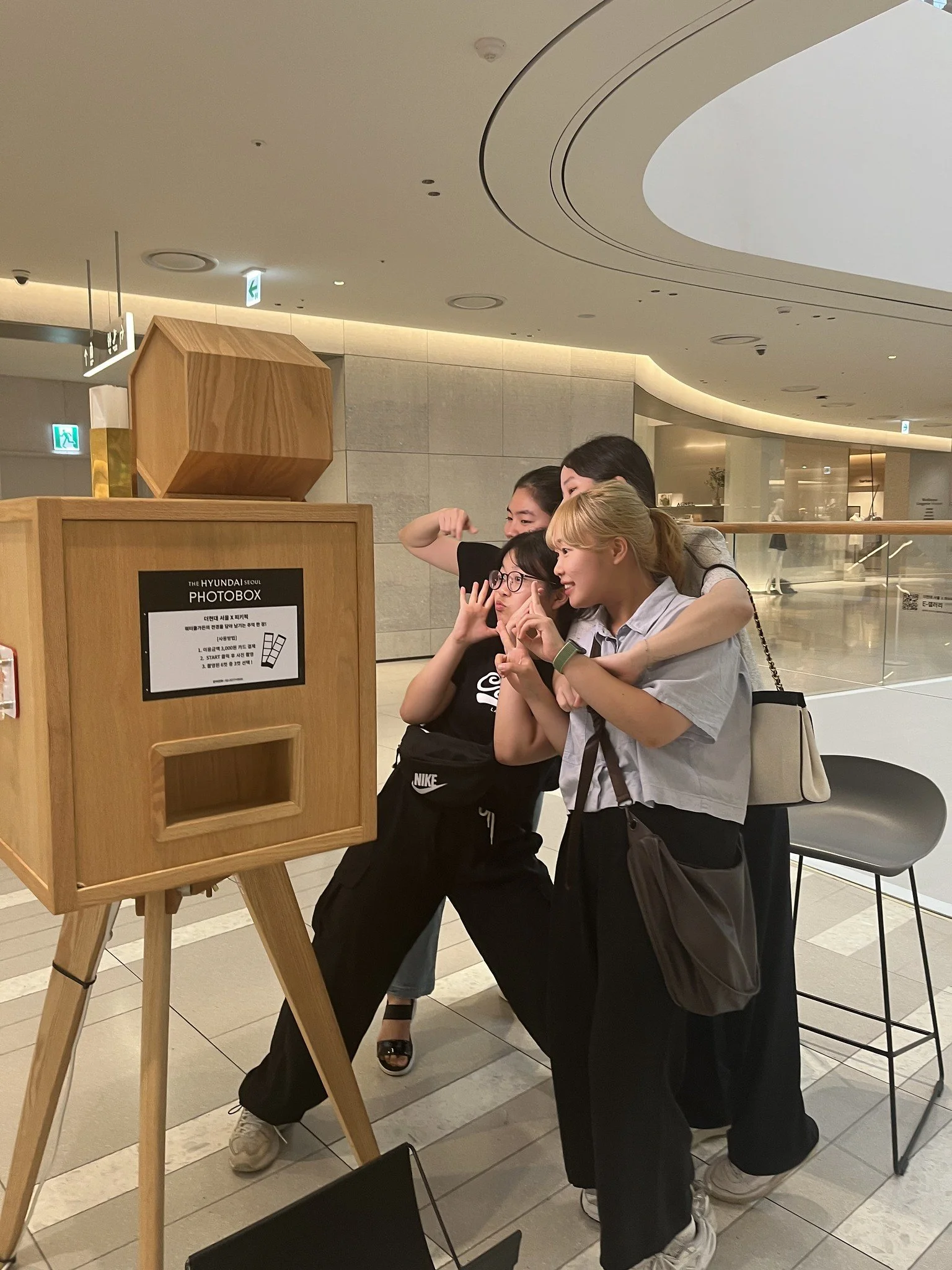Our Story
A Legacy Born from Crisis
In 1934, as tensions mounted between the United States and Japan, a small group of Japanese students refused to accept the growing divide. They believed that young people could bridge what diplomats could not — that understanding between nations starts with conversations between individuals.
These students reached across the Pacific, inviting their American counterparts to Tokyo for honest dialogue about the issues that mattered most. The Americans responded in kind the following year, hosting Japanese students in Portland, Oregon. And so began the world's oldest student-led international exchange.
Building ISC
For over 90 years, students have led these life-changing exchanges. What began as a grassroots movement between Japanese and American universities grew into something that needed more support — consistent funding, institutional memory, and year-round coordination between student leadership transitions.
In 1979, conference alumni created JASC, Inc. as a nonprofit organization to support what students were already building. In 2008, as we launched the Korea-America Student Conference, we became International Student Conferences, Inc. to reflect our broader mission of empowering student leaders in the pursuit of mutual understanding.
Today the model remains unchanged: students design the programs, choose the themes, invite the speakers, coordinate logistics, manage budgets, and lead every conversation. Our staff serves as institutional memory — preserving relationships, resources, and wisdom from past conferences so each new generation of student leaders can build on nearly a century of experience.
Japan-America Student Conference (JASC) - Since 1934
The original program that started it all, alternating annually between the U.S. and Japan.
Korea-America Student Conference (KASC) - Since 2008
Born from the recognition that U.S.-Korea relations needed the same kind of student-led dialogue.
China-America Student Conference (ChASC) - Since 2020
Our newest program fosters understanding during a crucial time in U.S.-China relations.
Resilience Across Eras
Our story isn't just one of growth — it's one of resilience. When World War II forced JASC to pause, alumni revived it in 1947. When financial challenges interrupted the program in the 1950s, dedicated supporters brought it back stronger than ever in 1964.
Through the Cold War, economic upheavals, and global pandemics, we adapted while staying true to our mission. Virtual conferences during COVID-19. Hybrid programs that blend in-person and digital experiences. New partnerships that expand access and opportunity.
Each challenge has made us more creative, more inclusive, and more committed to the power of student voices.
Alumni Who Shape the World
More than 6,000 alumni have passed through ISC programs, carrying their experiences into careers that span continents and industries. They serve as ambassadors and CEOs, professors and artists, entrepreneurs and activists.
Henry Kissinger participated in JASC 1951, later becoming U.S. Secretary of State.
Kiichi Miyazawa attended JASC in 1939 and 1940, eventually serving as Prime Minister of Japan.
But impact isn't measured only in titles. Our alumni lead nonprofits that work on global health, build companies that create jobs across borders, teach the next generation about cross-cultural understanding, and raise families with a deep appreciation for different perspectives.
They stay connected through regional chapters, mentorship programs, and by supporting new delegates through scholarships and advice. The network isn't just professional — it's personal.
The Future of ISC
As we look toward our second century, ISC remains focused on the same simple truth that inspired those first Japanese students in 1934: the future belongs to young people who can work across differences, not despite them.
We're expanding access through increased scholarship funding. We're strengthening programs through new partnerships with universities and organizations. We're deepening impact through enhanced alumni engagement and career support.
Most importantly, we're continuing to trust students to lead — because the world's biggest challenges require the kind of fresh thinking and bold collaboration that only young leaders can provide.
The Japan-America Student Conference archives, maintained at the University of Maryland, contain decades of conference photos, delegate journals, correspondence, and memorabilia — preserving the stories of students who chose dialogue over division.
